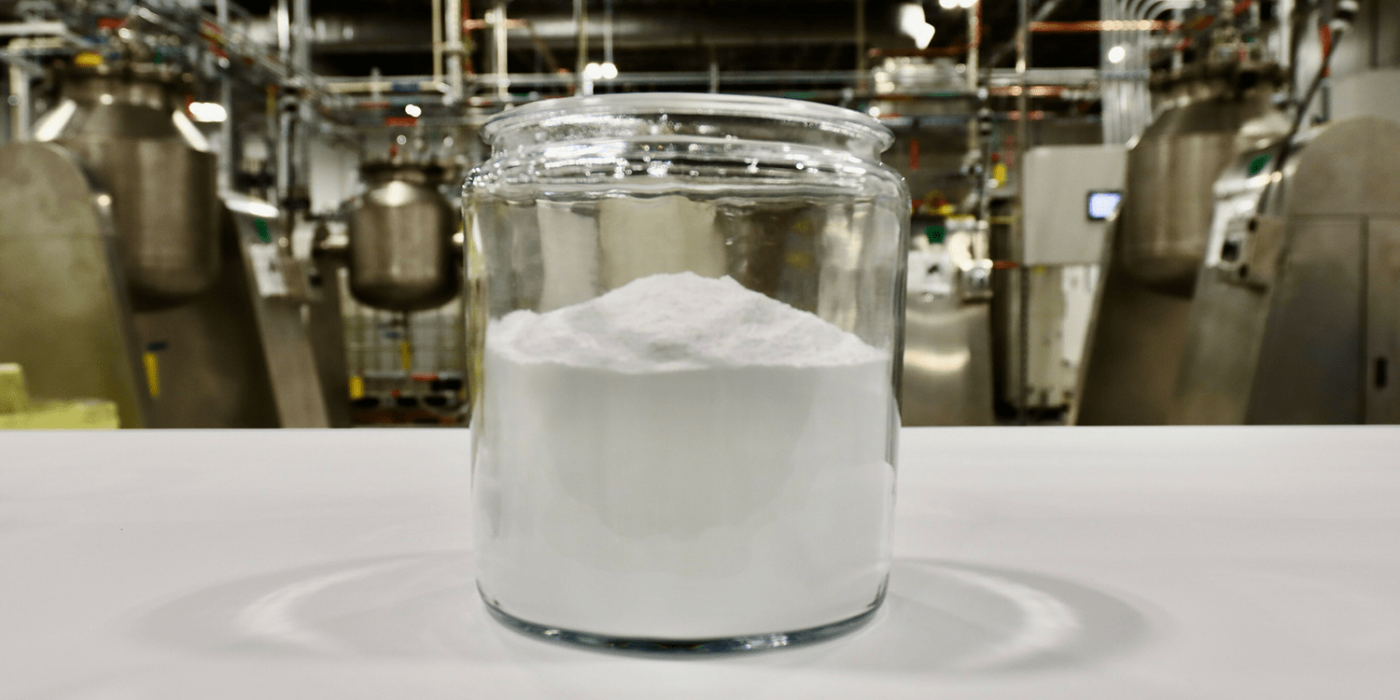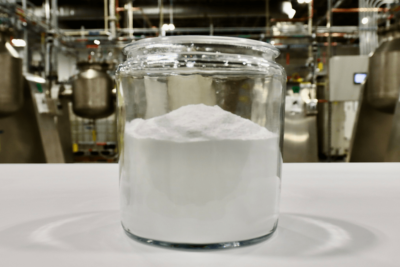US cancels funding for Ascend Elements and other battery companies
As reported by Politico’s E&E News portal, the Biden administration had awarded the $718 million to five recipients: battery companies Ascend Elements, American Battery Technology, Anovion and ICL Specialty Products, and glass manufacturer LuxWall. The largest cancelled grant, at $316 million for Ascend Elements, was intended to support the manufacture of components from recycled electric vehicle batteries at a planned plant in Hopkinsville, Kentucky.
But first things first: the Department of Energy told E&E News that it had cancelled the five grants in the second week of October. This was because the projects “had missed milestones, and it was determined they did not adequately advance the nation’s energy needs, were not economically viable, and would not provide a positive return on investment of taxpayer dollars,” DOE spokesperson Ben Dietderich said in a statement. He did not specify which milestones the projects had missed.
According to E&E News, the cancellation is one of the largest in the battery production sector to date and also affects construction plans for plants in Republican-dominated states such as Kentucky and Missouri. This distinguishes the move from an initial round of cuts under Trump, in which funding for 223 clean energy projects was discontinued at the beginning of the month in order to “save” $7.56 billion. This mainly affected projects in states won by former Vice President Kamala Harris in the 2024 presidential election. Moreover, it was less about energy supply chains: only $175 million was revoked by the US Department of Energy’s Manufacturing and Energy Supply Chains Office (MESC), according to reports. The same agency has now cut $718 million.
US Energy Secretary Chris Wright had previously led a comprehensive review of the projects based on specific criteria set out in a memo in May. He defended this month’s funding cuts on the grounds that the projects “contain termination clauses,” as reported by E&E News. And: “If they’re not in the interest of the taxpayers, if they’re not a good expenditure of the money, you always have the ability to cancel these projects,” he added.
In response, Democrats accuse the US Department of taking illegal action that is damaging to the economy. Last week, 37 Democratic and independent senators stated in a letter to Wright that “the illegality of your cancellations is the only thing as indisputable as the harm your cancellations will wreak.”
The cancelled grants relate to projects that had been promised millions in funding via the bipartisan infrastructure bill passed in 2021 during the Biden era. ICL Specialty Products was to receive $197.3 million to build a plant in St. Louis that would produce 30,000 tonnes of lithium-ion phosphate powder for the battery industry annually. The $316 million for Ascend Elements mentioned at the beginning was intended for a plant in Kentucky, where components for new batteries were to be manufactured from recycled electric vehicle batteries. According to Linh Austin, president and CEO of the company, Ascend Elements is sticking to the plan. In addition, $206 million of the DOE funding has already been paid out, so the cancellation would affect the remaining $110 million or so.
American Battery Technology is seeking $57.7 million in funding to build a lithium hydroxide production facility in Nevada. Anovion is seeking $117 million to produce synthetic graphite in Alabama. And for the sake of completeness, LuxWall is receiving $31.7 million for a modern glass factory in Detroit. According to information from E&E News, some of the companies have lodged appeals against the cancellation of their funding.
This article was first published by Cora Werwitzke for electrive’s German edition.




1 Comment